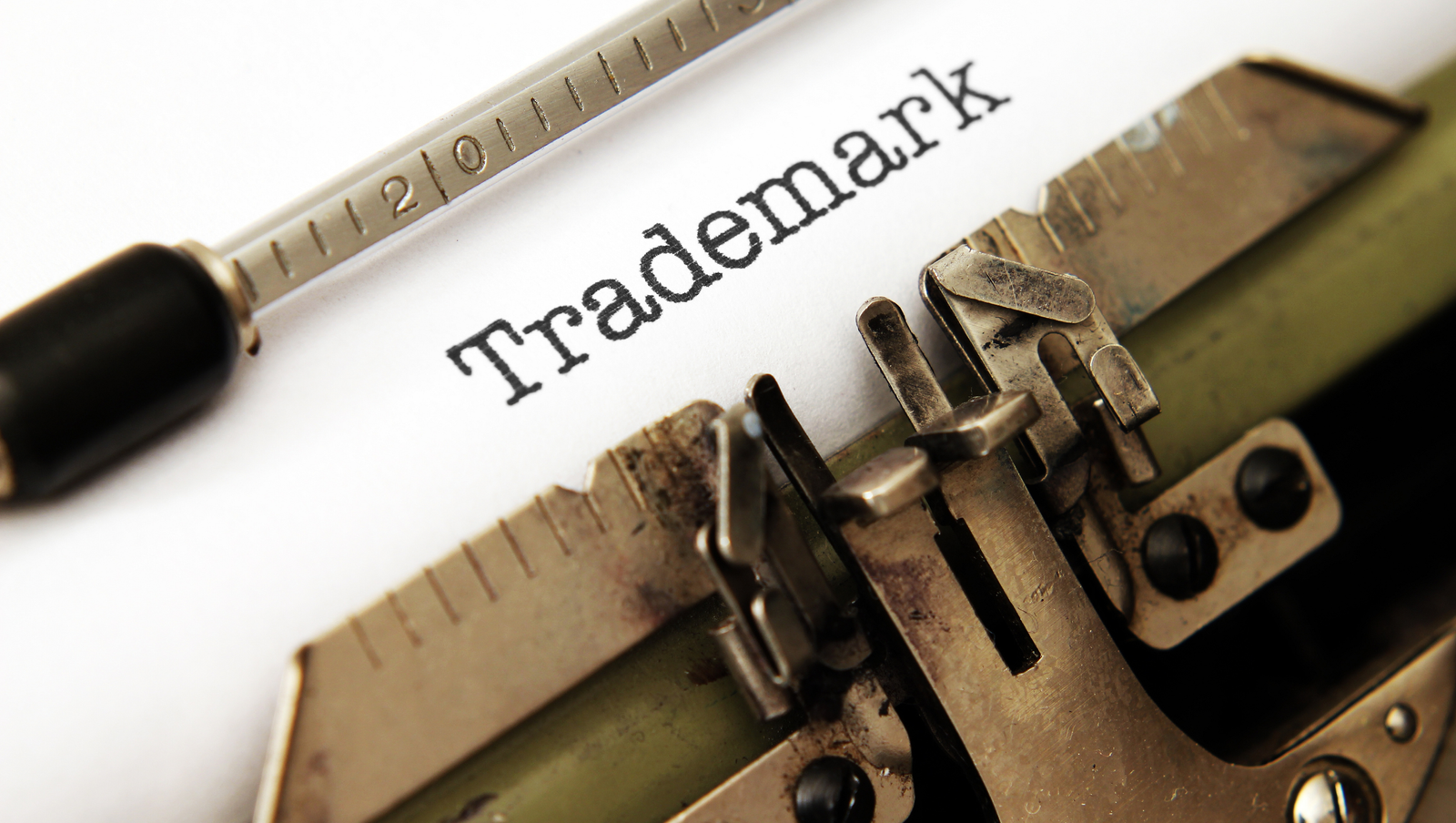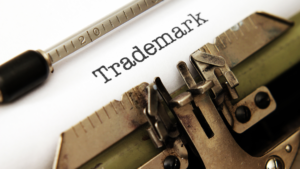In the Philippines, a considerably large slice of the population relies on employment as their means of livelihood. It is not surprising, therefore, that labor policies are not only well thought out but also undergo continuous refinement. The State strongly supports laws governing unfair labor practices which are designed to protect both employers and employees and, to some extent, even the very industries that fuel the national economy.
Strength in unity
The existence of professional associations and labor unions helps ensure that employees are protected against unfair labor practices. Unions provide employees with much-needed guidance and support to shield workers from any injustice or unfair treatment that they might otherwise be vulnerable to. For this reason, labor laws uphold the rights of employees to organize unions and become members of such unions.
What are unfair labor practices?
Any act committed by an employer or a labor organization that compromises the constitutional rights of workers to self-organization is considered an unfair labor practice.
The spirit of the law seeks to help Filipino workers improve their working conditions. Thus, anything that proves to be disadvantageous to employers and employees alike is considered disruptive to industrial peace and contrary to the State’s wish to foster healthy and stable relations between labor and management.
For this reason, unfair labor practices are regarded as crimes against the State, and not merely as violations of the civil rights of industry players.
How can industry be protected from these practices?
Employees need to be aware of their rights and must understand how they could be cleverly violated by management through subtle machinations or suggestions which may not seem illegal at the onset. The simple act of being preferential to job applicants who express their disinclination to become union members is, for instance, an unfair labor practice.
On its part, when labor unions treat its members unfairly or even bully members into discriminating against fellow employees, they are also considered guilty of unfair labor practice.
Management is also protected by this law from the financial ruin that could result from an illegal strike. Such strikes are likewise regarded as unfair labor practice.
Both management and labor groups violate the Labor law when they perform any actions that hinder their employees’ right to self-organization, obstruct the formation or functions of labor organizations, or obstruct the processes of or violate collective bargaining agreements.
How are such rights safeguarded?
The Department of Labor and Employment is the overall regulatory authority over such matters. However, day-to-day disputes can be dealt with by labor arbiters and by regional offices and agencies specifically tasked with attending to cases of unfair labor practices. Foremost among these agencies are the National Labor Relations Commission and the Bureau of Labor Relations.
If you’re interested in polishing your knowledge about unfair labor practices and how to deal with them, count on the seasoned experts at Duran & Duran-Schulze Law to help you out. Give us a call at (+632) 478 5826 or contact us through email at info@duranschulze.com.






3 Responses
Awesome post! Keep up the great work! 🙂
Great content! Super high-quality! Keep it up! 🙂
I value the blog post. Really looking forward to read more. Really Cool. Shayne Alsip